Blog – China & the Arctic: Why the focus on international law matters
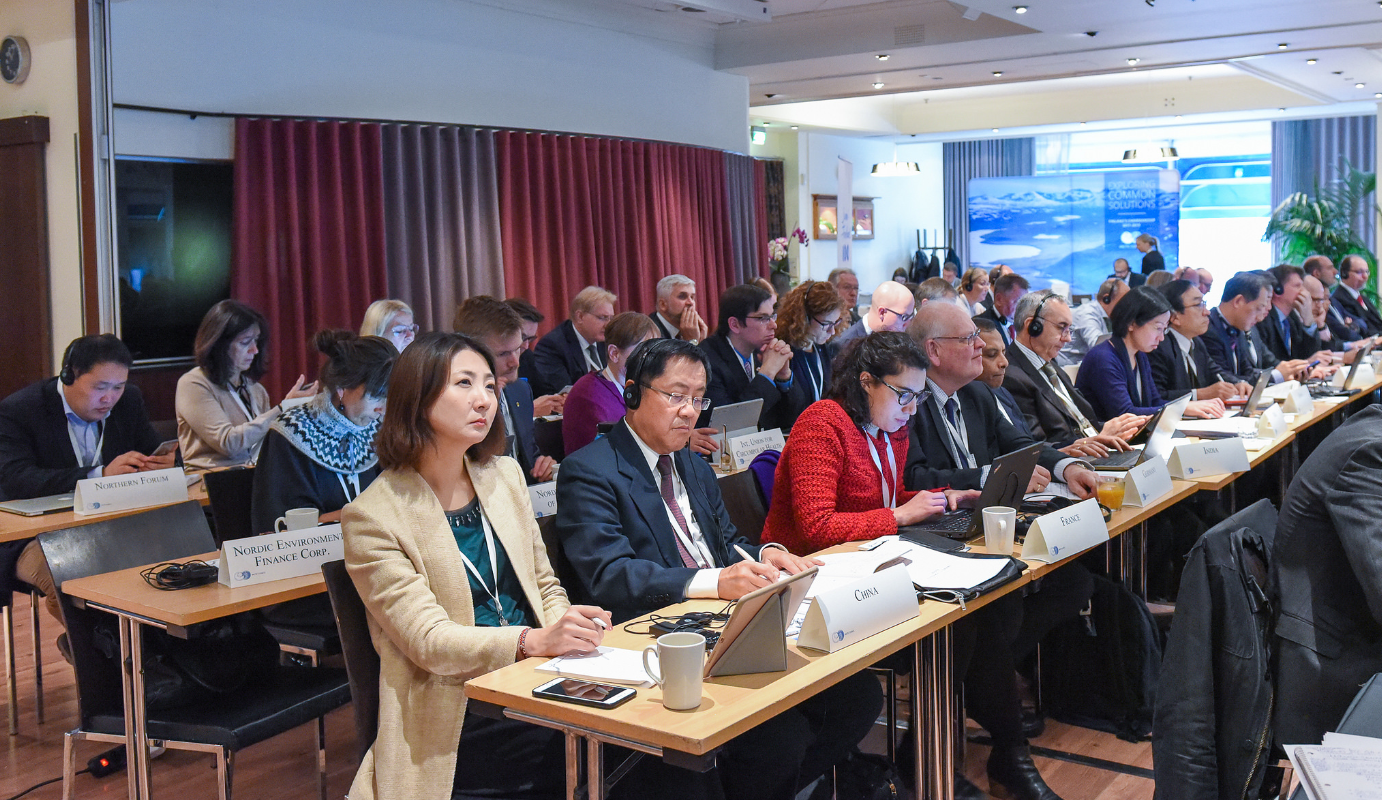
There’s been a flurry of reaction to China’s recently released white paper on the Arctic, the first such policy published by the country. But its focus on international law is worth a deep dive.
Reliance on international law by China may seem surprising. We tend to think of mainly small powers relying on it. Small states lack the heft to influence international relations on their own, so they like to see multilateral institutions and international law acting as a platform that allows them to interact in a more equal fashion on the international stage.

But China is a massive country with a massive population and a huge economy.
So when it comes to the focus on international law in their white paper, what gives?
White paper structure – A review
China’s Arctic policy starts with a description of the Arctic, the region’s governance mechanisms and a rundown of the Arctic states, peoples and environment.
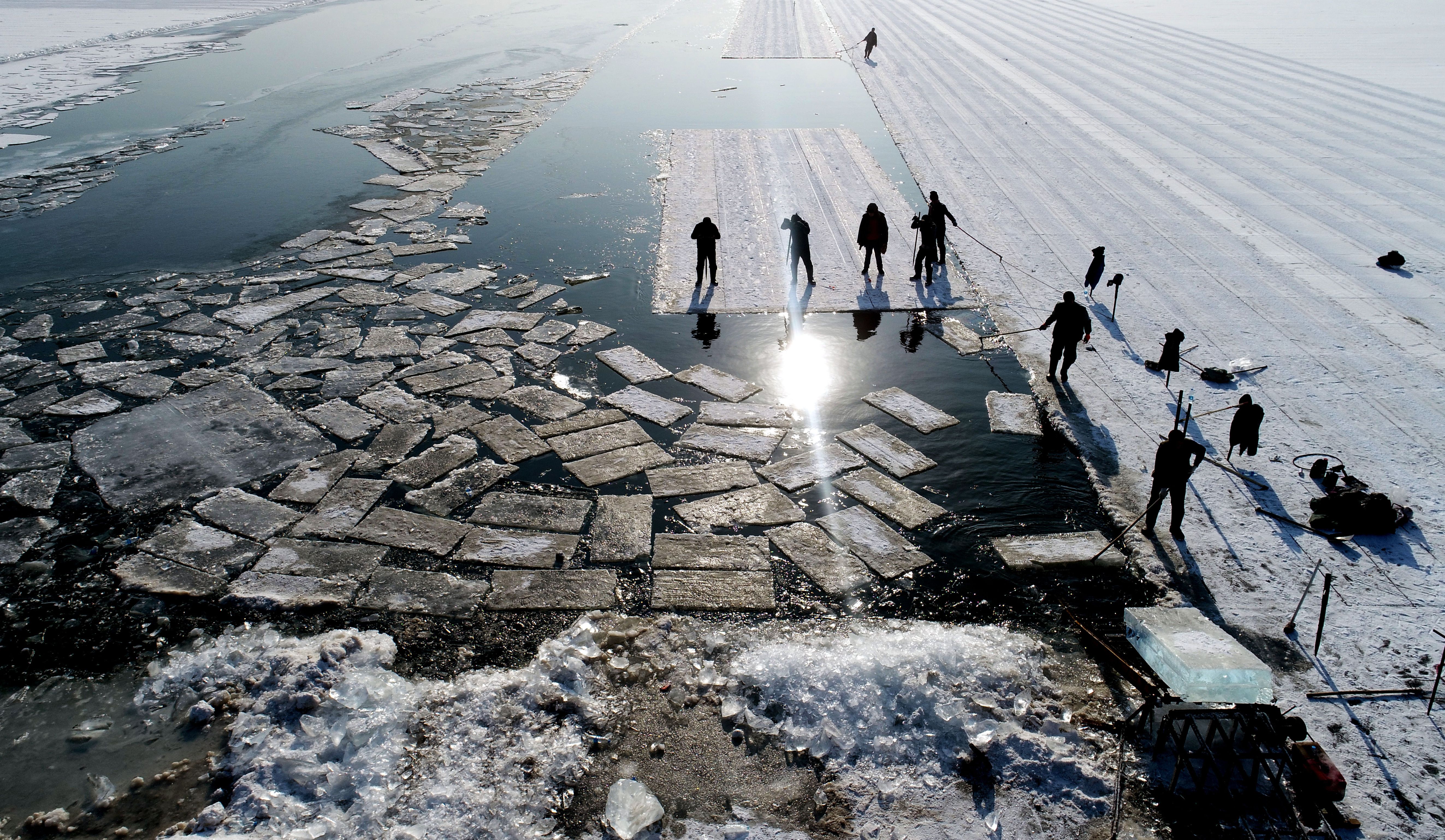
China lays out why it’s an important stakeholder in the region along with its main policy goals: deepening exploration and understanding the Arctic, protecting the eco-environment, addressing climate change, utilizing Arctic resources in a lawful and rational manner, promoting peace and stability in the Arctic and participating actively in governance and international co-operation.
Arctic governance gets the spotlight
From the governance viewpoint, it’s interesting that China first identifies how the Arctic is governed at present:
There is no single comprehensive treaty for all Arctic affairs. The Charter of the United Nations, the United Nations Convention on the Law of the Sea (UNCLOS), the Spitsbergen Treaty and other treaties and general international law govern Arctic affairs at present. (Emphasis by the author)
China sees this very solid global law framework as somehow governing the Arctic.
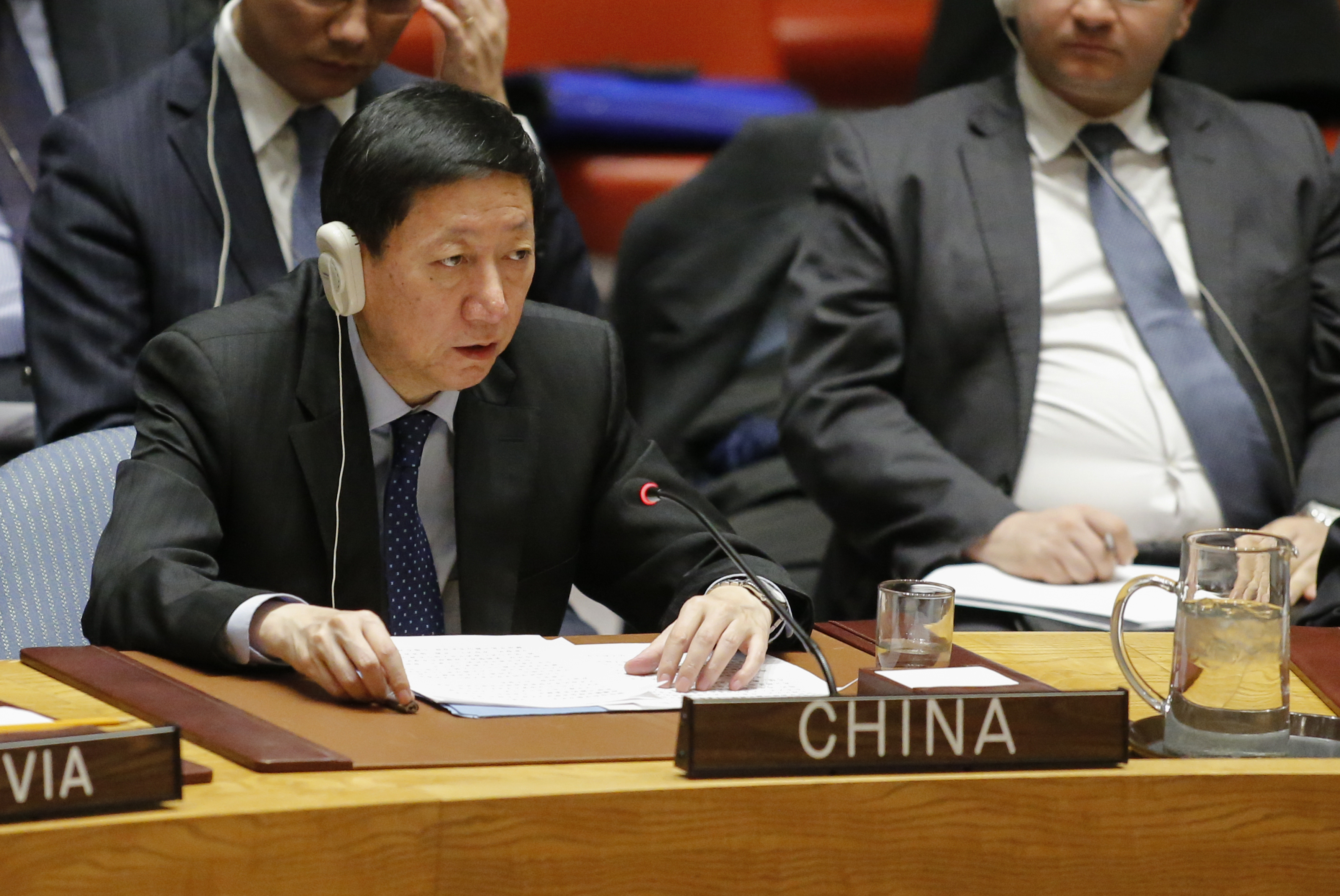
The country also justifies its “actorness” in the Arctic using the same broad international law framework, given that it’s one of the permanent members of the UN Security Council, and a party to the United Nations Convention on the Law of the Sea (UNCLOS). While UNCLOS is almost always mentioned when discussing Arctic governance, the strong and repeated reference to the UN Charter is clearly something special for China.
Policy, climate and science in the high seas
The white paper also emphasizes UNCLOS-based rules for marine science, reminding us that UNCLOS guarantees marine scientific freedoms for non-coastal states, especially in the high seas.
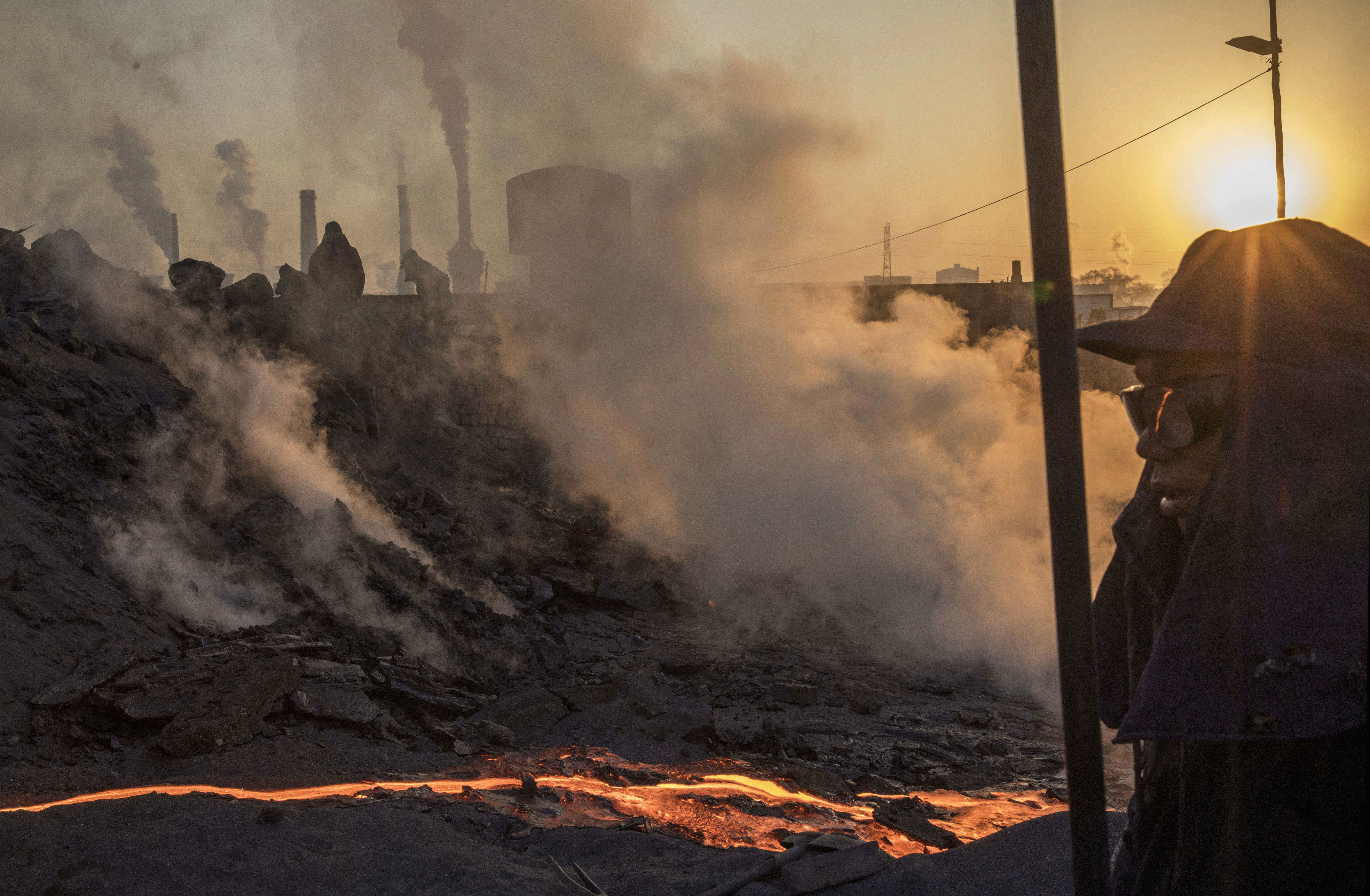
China also affirms it’s committed to global environmental treaties, follows the environmental laws and policies of the Arctic and even encourages the adoption of more stringent environmental laws and policies. As a party to the Paris agreement, China quite naturally perceives tackling climate change via global measures (rather than regional ones) as an important policy.
In the section “Utilizing Arctic resources in a lawful and rational manner,” China encourages all countries to follow relevant UNCLOS, Spitzbergen and international treaties, as well as relevant international law, together with the national laws of Arctic states.
With respect to shipping lanes in the Arctic, China says it respects the Arctic coastal states’ jurisdictions over their waters but also emphasizes the importance of freedom of navigation.
Support for international agreements
China says disputes over shipping lanes should be settled in accordance with international law and expresses support for the International Maritime Organization’s (IMO) Polar Code and encourages the IMO to play an active role in future navigation rules.
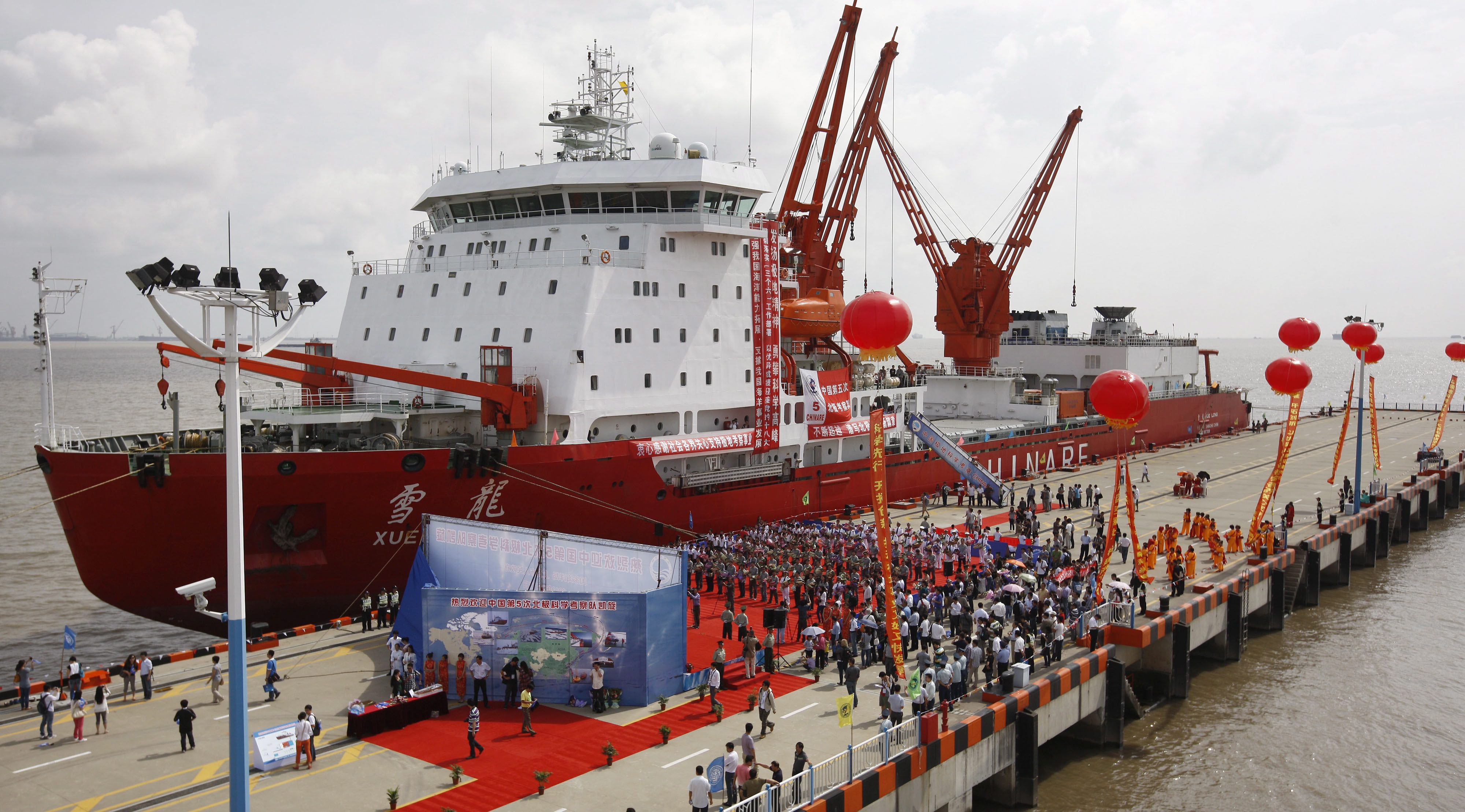
The policy affirms the sovereignty of Arctic states over oil, gas, mineral and other non-living resources, and encourages China’s enterprises to follow national law, if engaged in those activities.
In fisheries, China supports the legally binding agreement on the high seas portion of the Arctic Ocean, and, in the future, establishing a regional fisheries management organization, which can be seen as a significant endorsement from a non-coastal state to the Arctic Ocean.
Why is China banking so heavily on international law?
For China, what governs the Arctic is the following: the United Nations and its Security Council (where China is one of the permanent members), UNCLOS (to which China is a party) UN specialized agencies like IMO and the treaties it produces (for most of which China is a party) and the UN-based regime fighting against climate change and various other international environmental treaties (to many of which China is a party).
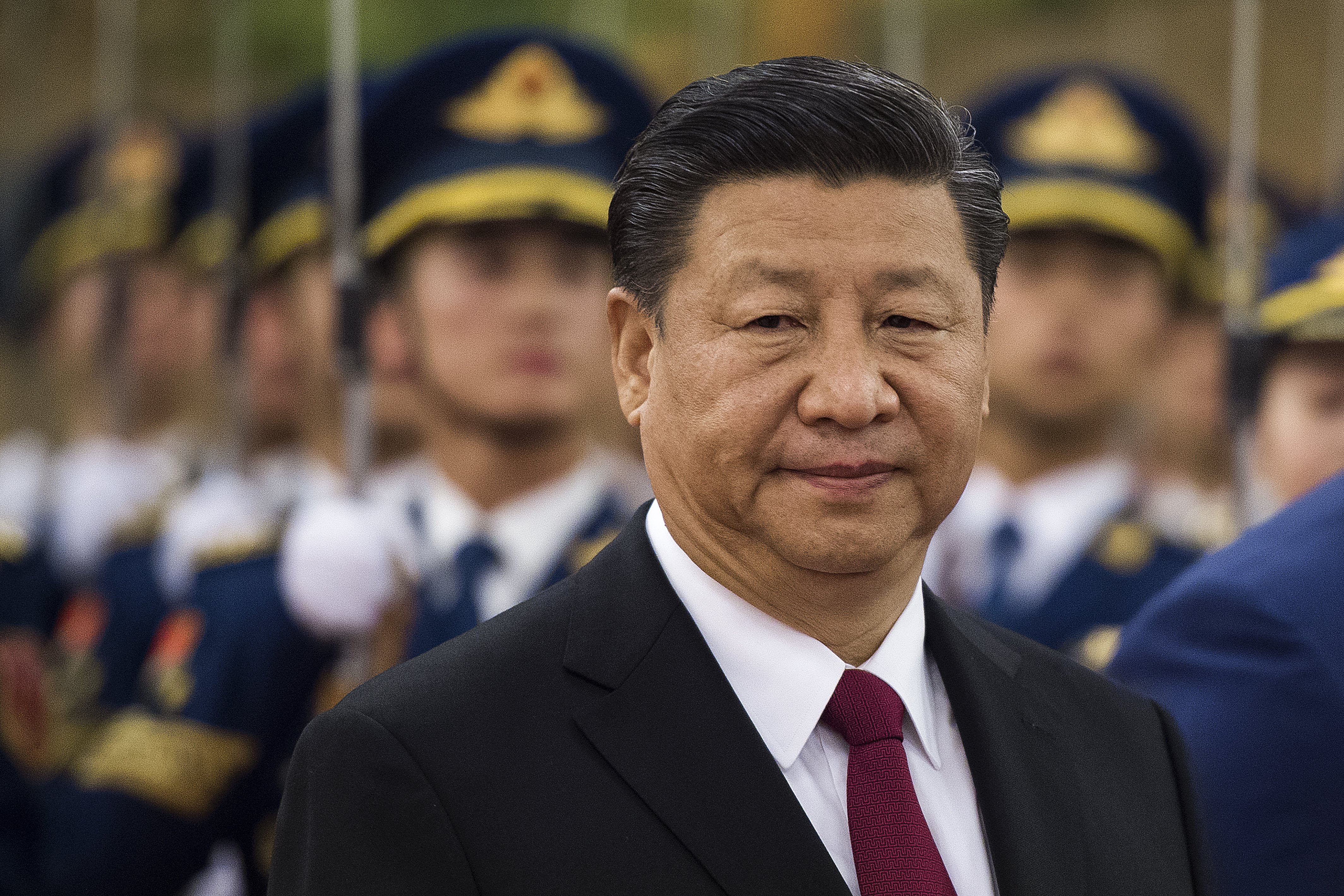
As a state outside of the Arctic, it’s valuable for China to invoke a framework of rules that strongly emphasizes China’s role in Arctic governance. In the predominant intergovernmental forum of the Arctic, the Arctic Council, China is only an observer, a status lower than the small Indigenous Peoples’ organizations that would normally be dubbed as non-governmental organizations in other intergovernmental bodies or treaty negotiations. By invoking the entire framework of international law, China places itself in the drivers’ seat.
It’s China, together with other permanent members of the UN Security Council, that have responsibility for maintaining peace and security in the Arctic. It’s China and the rest of the international community who are committed to managing the oceans via UNCLOS, mitigating climate change via the Paris Agreement and combating other environmental problems through various international environmental treaties, and so on.
China does give a role for the Arctic Council as a regional institution, but clearly its emphasis is on a framework in which itself plays a more significant role.
This is not to say that’s a negative thing. China’s focus on international law is important, but it doesn’t treat all branches of international law the same. For example, China emphasizes respect for Indigenous Peoples in the white paper but speaks about the importance of their traditions and cultures, rather than their internationally guaranteed rights.
‘A seat at the main table’
Overall, however, the Chinese policy document is well crafted.
The actual behavior of China in the region is very much in line with its policy document; it follows international and national legal procedures, and has been a constructive force in the Arctic Council. But by invoking the broad general international law framework, China is building a house in which it has a seat at the main table.

Within the Arctic Council, China is only an observer along with countries like Switzerland and organizations like the Arctic Institute of North America (AINA) and the International Federation of Red Cross & Red Crescent Societies (IFRC).
But under the framework of international law, China is one of the Arctic’s main actors.
Related stories from around the North:
Canada: Fishing diplomacy, rethinking China & how Twitter is improving northern news : 2017 Arctic Year in Review, Eye on the Arctic
China: It’s official: China releases its first Arctic Policy, Blog by Mia Bennett
Finland: Finland courts US rivals Russia and China in bid for key role in Arctic power game, Blog by Irene Quaile
Iceland: Arctic nations and fishing powers sign ‘historic’ agreement on fishery, Radio Canada International
Norway: Norway and Finland talk Arctic with China, The Independent Barents Observer
Russia: Can Barents region become a superhub on China’s Arctic Silk Road?, The Independent Barents Observer
United States: Big questions emerge over $43 billion gas-export deal between Alaska and China, Alaska Dispatch News



